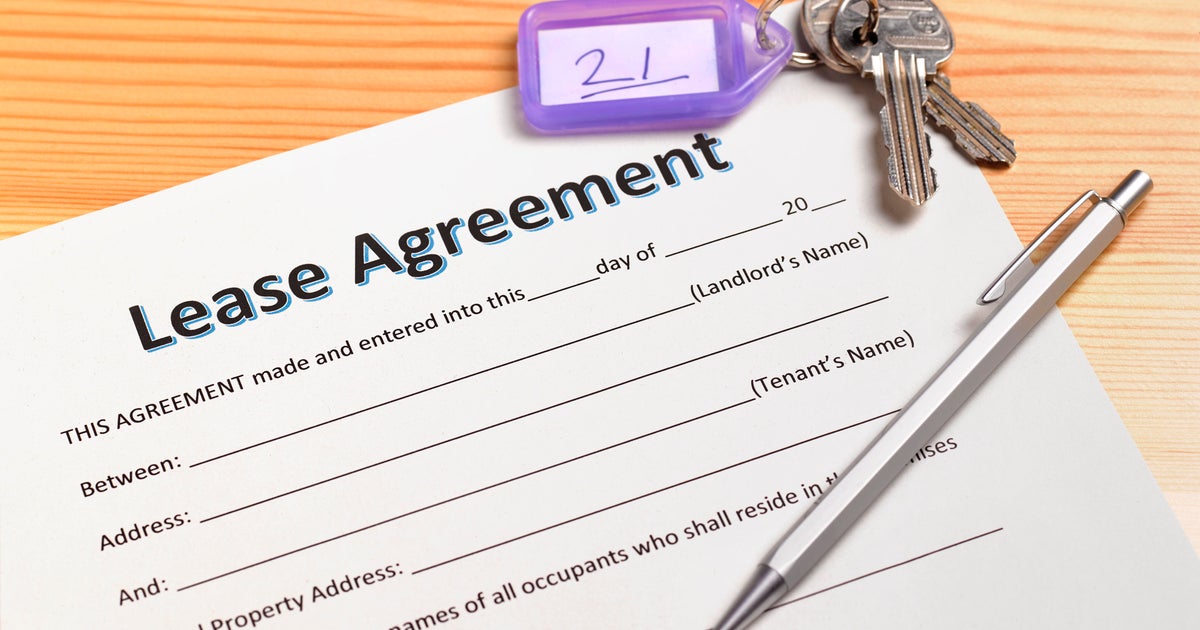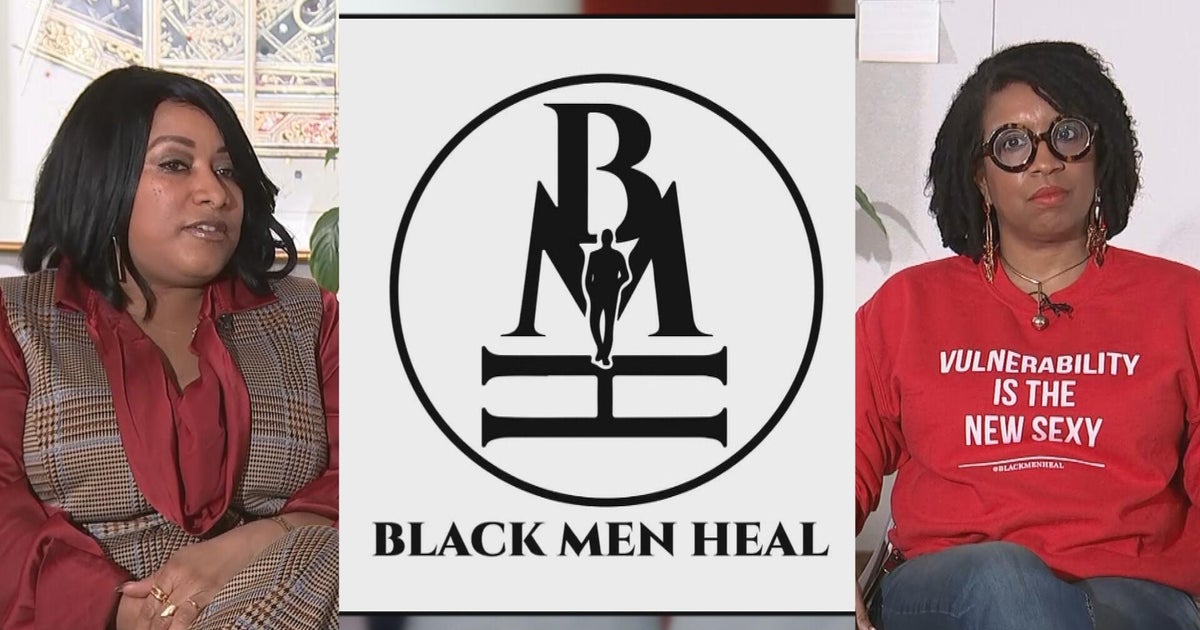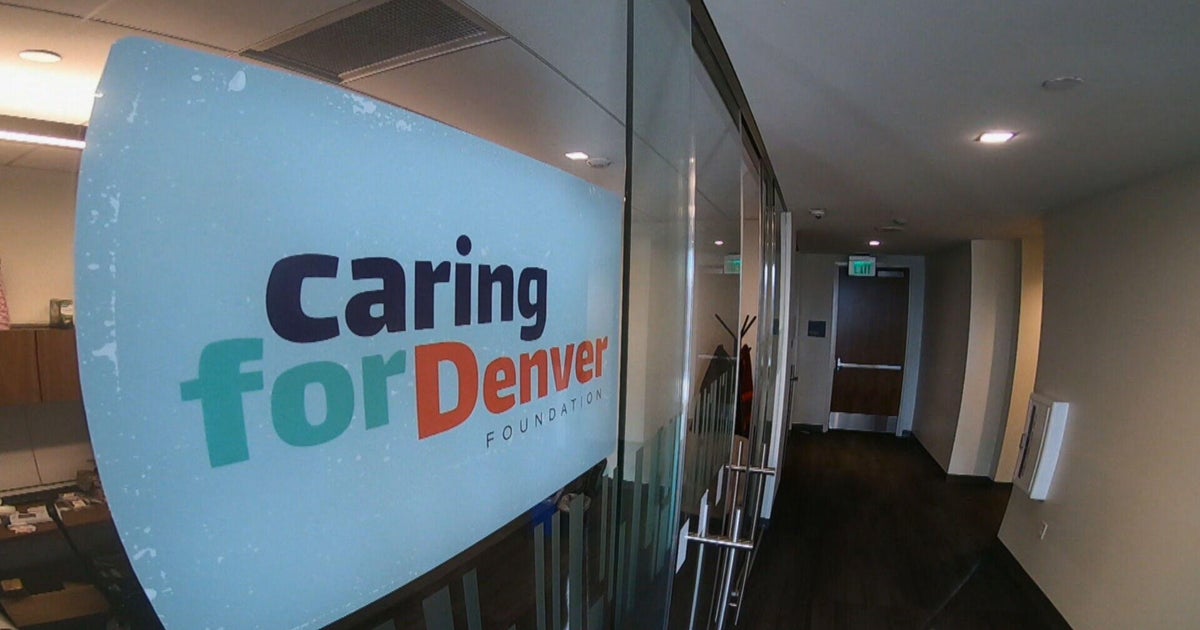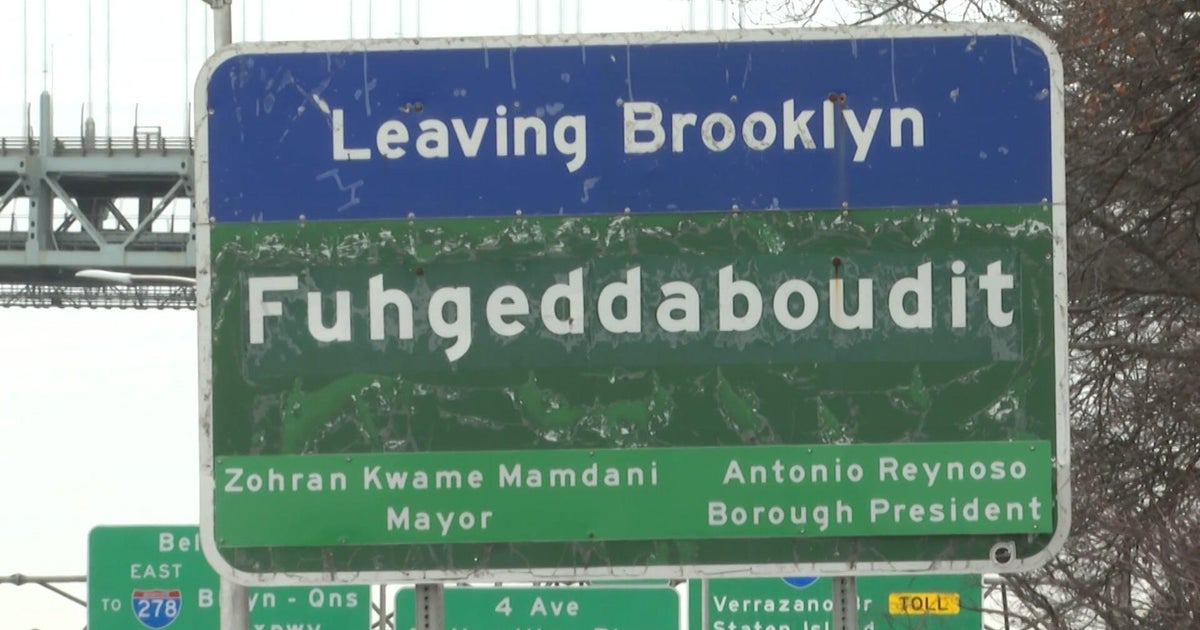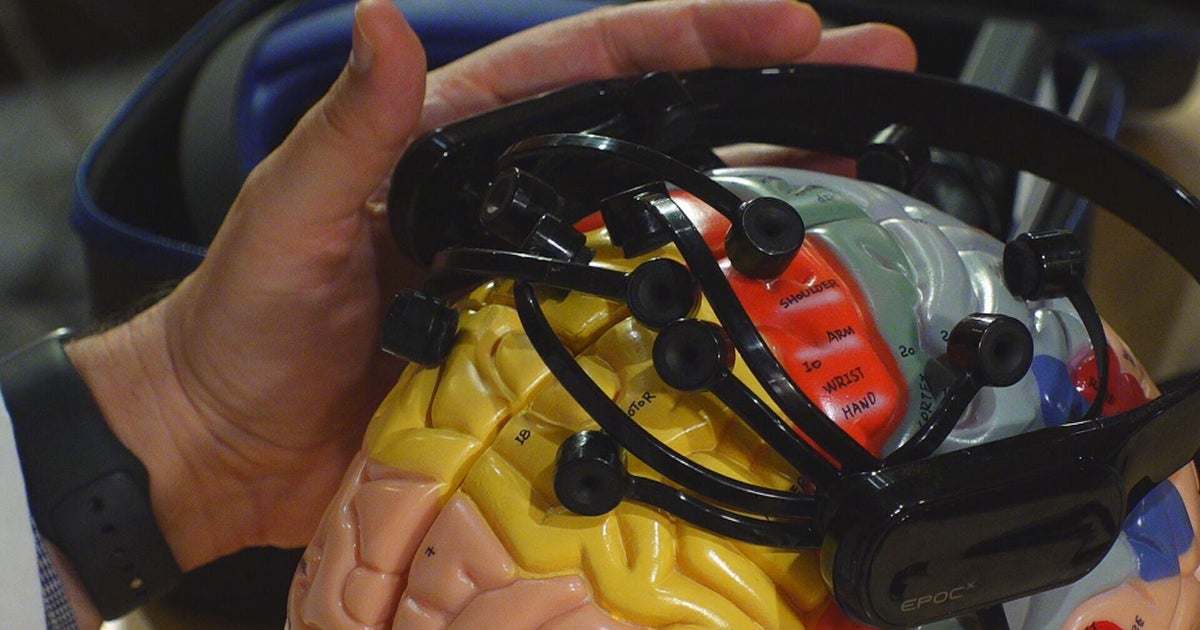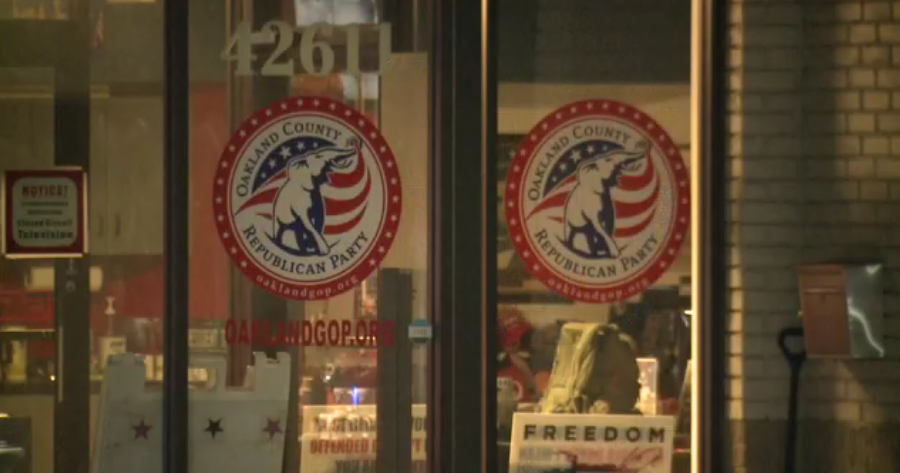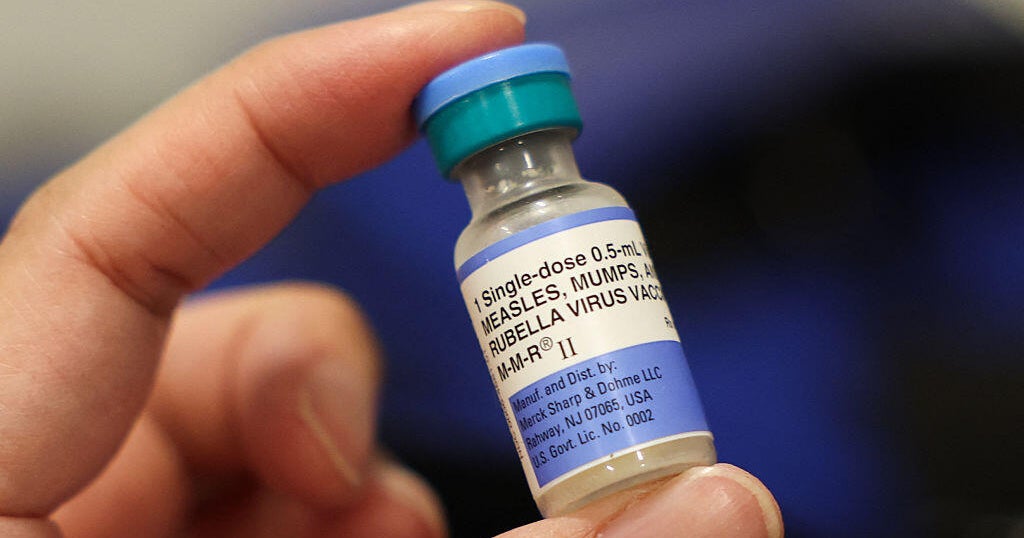Study: One-third of Americans say they are lonely
MIAMI - It's thought to be as dangerous for your health as obesity or substance abuse: loneliness. More Americans are reporting feelings of loneliness which can have a direct impact on your heart and brain health.
Loneliness is "often defined as being based on the discrepancy between our desired level of connection and actual level of connection," said Dr. Julianne Holt-Lunstad, professor of psychology and neuroscience at Brigham Young University in Utah.
She's been studying loneliness for more than two decades and says researchers have been seeing declining trends in social connection and increasing trends in isolation for years. The pandemic made things even worse. According to a 2021 survey from Harvard's Making Caring Common Project, 36% of all Americans - including 61% of young adults - reported feeling serious loneliness.
"We have very good evidence that it impacts our cognitive functioning as well as our physical health and ultimately our longevity," said Holt-Lunstad.
The American Heart Association says social isolation and loneliness are associated with about a 30% increased risk of heart attack or stroke, or death from either.
"The role of inflammation seems to be a common pathway that explains the effects of social isolation and loneliness on a variety of outcomes," Holt-Lunstad said.
But loneliness can be a catalyst, too.
"Just as hunger is this unpleasant feeling that motivates you to seek out food, loneliness motivates us to seek out social connections. And both are critical to survival," said Holt-Lunstad.
Those critical connections can come through community activities, volunteer work, and fun.
"It takes a lot of courage to connect with someone new to begin with," says Robert Kinsler, founder of DC Fray. His organization offers recreational sports leagues, games, and even free events for people looking to connect in Washington, D.C. - recently dubbed the loneliest city in America by the Chamber of Commerce.
"People just want to have something fun to do. They need that little extra structure to make it easier to connect with people," said Kinsler.
Even the safety and walkability of your neighborhood and systemic issues like discrimination can influence the extent to which someone feels lonely, according to Holt-Lunstad. And while living alone doesn't necessarily mean someone is lonely, Holt-Lunstad says "we do have evidence that living alone does increase one's risk for loneliness and increases one's other kinds of risks for health consequences, including premature mortality."
Experts advise getting involved in something meaningful and nurturing existing relationships as a pathway to a healthy and connected heart.
